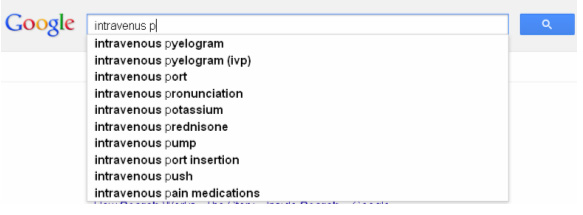Medical transcriptionists usually leave blank spaces when they encounter inaudible or incomprehensible terms in dictations. Such issues usually arise due to a physician’s unfamiliar accent, background noises, unfamiliar medical terms, and so on. Though it is better to leave blank spaces rather than guessing the terms, transcripts with a lot of white spaces definitely indicate poor quality work. So, how can we minimize such blanks in transcription? Here are some effective methods:
- Contextual Thinking – When you find blank spaces after finishing your report, listen to the problematic sentences again and see whether you can fill in the blanks. If you are still left with white spaces, think contextually. If the term is a kind of treatment, verify what kind of symptoms and complaints are mentioned in the transcript. Then find out which diseases are typical of those symptoms and complaints and the treatments available for such diseases. This might help you catch the missing term.
- Listen to Pronunciation – Rather than worrying about the spelling, listen to the pronunciation first as this can help you find the right word. Suppose you heard ‘Intravenous Pylogram’ and you are not familiar with that word. Doing a search with ‘Intravenus Pylogram’ would help you find the correct word, which is ‘Intravenous Pyelogram’.
-
- Use the Internet – It is better to use internet for your search purposes rather than only checking the medical dictionary or the records in your computer. Browsing online would provide a large volume of information and quick results. For example, if you search for ‘Intravenus Pylogram’ using internet search engines, you will get the correct word ‘Intravenous Pyelogram’ even as you type ‘Intravenus Pylogram’ as shown as below:

As search engines automatically correct spelling, you need not worry about spelling mistakes. If you have no idea about the term in the blank space, you can type in or paste the whole phrase or sentence into the search engine and quickly find out anything related to the term.
- Refer to Similar Reports – You can refer to reports similar to your transcripts for filling in the blank space as same word or term may have used in other reports. Suppose your transcript is about the MRI of the cervical spine. Regardless of who dictates that MRI report, the anatomy will be the same. So if you find blank spaces in your transcript, you can refer to the MRI of the cervical spine dictated by other doctors to find the difficult word or term.
- Try to Recall the Physician’s Voice – You may have forgotten to recognize a physician’s voice. Always remember your physician’s voice and accent. Overtime this will help reduce your blanks in your report as the same physician will tend to use the same words over and over again. You just have to refer to a former transcribed report to get the missing word.
In a professional medical transcription company, trained and experienced transcriptionists know how to complete dictation quickly and accurately – without leaving blank spaces.


